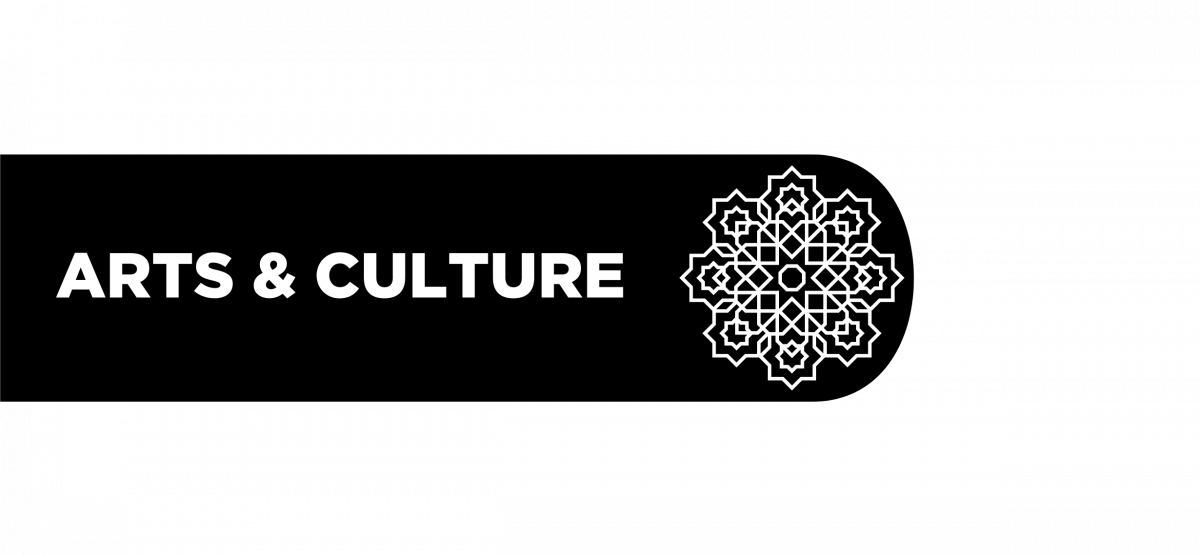
Arts & Culture
The aim of Abrahamic Programs is to become an innovative umbrella under which academic collaborations, cross-border research, and intercultural communications are fostered. We acknowledge that religion can significantly shape cultural traditions, academic inquiry, beliefs, and inclinations. We also know that Christianity, Islam, and Judaism all call on their adherents to use reason for constructive purposes. By recalling the commonalities among these major cultural traditions, this initiative builds scholarly relationships with the hope of contributing also to regional economic and social development. Arts & Culture programming emphasizes substantive, in-depth interactions that nurture meaningful, lasting relationships and new research collaborations. Participants coming from diverse professional, cultural, and social backgrounds will be able to explore emerging trends and issues of critical importance while advancing scholarship and deepening individual knowledge.
CURRENT AND UPCOMING EVENTS
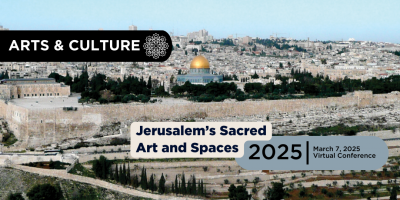
March 7, 2025
Jerusalem's Scared Art and Spaces
Location: Virtual
PAST EVENTS
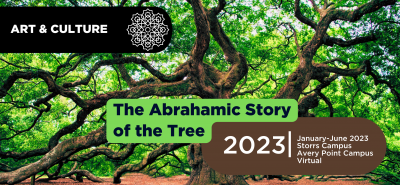
January - June, 2023
The Abrahamic Story of the Tree
Location: Storrs Campus, Avery Point Campus, Virtual
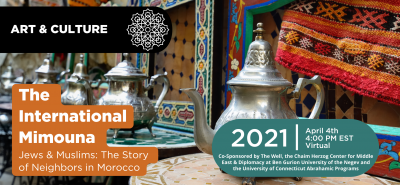
April 4, 2021
International Online Mimouna "Jews and Muslims: the story of neighbors in Morocco"
Location: Virtual.
Free. Open to the Public.
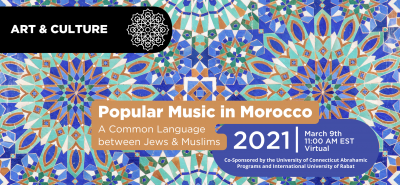
March 9, 2021
Popular Music in Morocco: A Common Language between Jews & Muslims
Location: Virtual.
Free. Open to the Public.
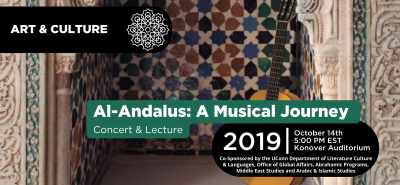
October 14, 2019
Al-Andalus: A Musical Journey
Location: Konover Auditorium, Thomas J. Dodd Research Center
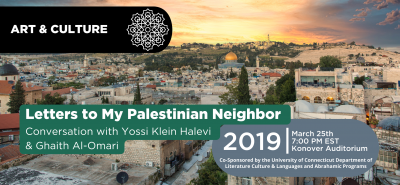
March 25, 2019
Letters to My Palestinian Neighbor
Location: University of Connecticut, Storrs
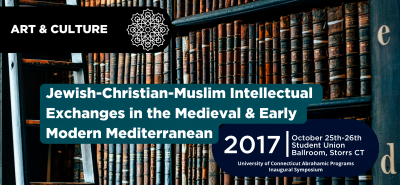
October 25-27, 2017
Inaugural Symposium: Jewish-Christian-Muslim Intellectual Exchanges in the Medieval & Early Modern Mediterranean
Location: University of Connecticut, Storrs
Download the Symposium Proceedings
PROJECT
Avicenna: East and West
Canon Medicinae is the title of the latin translation of Ibn Sīnā’s (latinised as Avicenna) great medical encyclopaedia al-Qānūn fī al-Ṭibb. This Latin translation was prepared by Gerard of Cremona in the 12th century in Toledo. The Canon was subsequently used for teaching medicine in European universities for over five centuries. Despite its importance, no critical edition of the text has yet been produced.
Assistant Professor and Chair of Arabic and Islamic Studies Nicola Carpentieri aims to rectify this gap with his project team by preparing the first sample of a digital edition and an interactive English translation of the Canon Medicinae. The team is focussing on Book 3, Fen 1, Maqāla 1, a section of the Canon that focuses on brain anatomy and mental health.